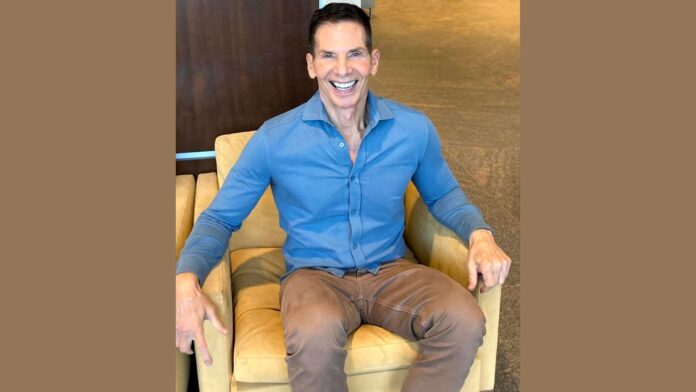Steve Rosen, who was recently named president of the Philly Ad Club, wants people with more diverse job experiences to explore work opportunities in advertising. He came to the industry through a more traditional path. (He was interested in merging his writing skills with a passion for business.) He said creatives — such as art or film majors — find their way to the industry too.
But Rosen also sees the need for people who have a strong interest in tech, artificial intelligence and data science to make contributions to the field.
“Data and technology has fundamentally changed what we do,” he said. “What an ‘ad agency’ was five or ten years ago is completely different now, and in five or ten more years, it’ll be completely different again.”
Rosen describes Philly Ad Club as a village that houses all segments of the creative community to help them collaborate and share ideas, offer professional development and workshops, introduce people who would benefit from mentoring and networking, and advance their careers and interests.
“Even though it’s called the Philly Ad Club, we’re so much more,” he underlined.
He noted that the organization has worked hard over the last few years and is “ready to make a splash.” Under his leadership, he hopes to broaden its base, expanding membership and offerings for people and companies who wouldn’t immediately identify as needing the support or affiliation of an advertising group.
Rosen is interested in revamping opportunities for networking, programming, civic engagement, and student outreach that will keep the organization involved in the social fabric of the city and its communities. And he believes people from all backgrounds and careers could find a way to hone new skills and leverage personal and professional relationships they find through the organization.
“I really think the key to growth is being as relevant as we can be and embracing diversity in every sense of the word,” he said.
Rosen, who is a nearly life-long resident of Center City, first learned to value what makes people distinct as a teen when his parents moved him from Philadelphia to the Jersey Shore.
“That was great because essentially it took me out of a bubble,” he said.
The move required him to reach beyond his comfort zone, and attending a public high school in Atlantic City — which had more racial diversity than his previous schools — taught him what it was like to both be different from others and to value their differences.
“When you’re a teenager, being different is just being different. But as time has gone on, I understand the real power of it,” Rosen underlined, noting that this now defines his career, how he approaches his work, and how he interacts with others.
Rosen noted that in some workplaces, being agreeable is valued — but he thinks contrarians are an important part of any team. Disagreeing can challenge people to think more deeply, he said, and can improve aspects of a project that like-minded approaches continue to miss.
“I’ve seen how it can result in more diverse and collaborative teams, openness to ideas that are different from yours, the fact that you want to have — whenever possible — lots of different people at the table,” he explained.
Rosen added that being gay has helped him develop a love for differences — and has taught him not to discount other people whose divergent ideas offer opportunities to learn and grow. To him, having unique perspectives is an asset in the business world and in every aspect of life.
Rosen, who is currently a managing director at Aloysius Butler & Clark — one of the largest independent full-service marketing communications agencies on the east coast, said what keeps him excited about his job isn’t the chance to collaborate with cool brands or develop interesting campaigns.
“It’s more about solving the problem,” he said, underlining that his work has often required him to learn about complex issues that don’t always have clear solutions. “Figuring out then how to communicate about it, how to engage the different constituencies who it might be relevant to — when a complex problem really needs a thoughtful, strategic, creative solution is what excites me.”
One of Rosen’s favorite projects might not sound exciting for some. It was for an old-fashioned company that sold steel shelving. But he appreciated the opportunity to problem-solve and think creatively. His team helped the company step outside of their comfort zone, cultivating a more modern approach to communications and marketing with special events.
Marketing can require an emotional and personal touch. Each project needs to be curated for the individual brand and message and appeal to its targeted audience. Rosen said this takes an eclectic team to truly do well.
Together they ask, “What do we need to say to connect with them and be relevant to them?”
Rosen, who previously served on the board of the Philadelphia Insurance Society, said even that role — which might sound drab on the surface — was fun because the work was interesting and people were enthusiastic about using innovative strategies.
Rosen also serves on the board of directors of the Chamber of Commerce for Greater Philadelphia, and he supports other economic, civic, social and DEI initiatives.
“What I’ve always liked about working at agencies is that every day is different,” he added, noting that he’s worked with clients from various industries — including fast food chains, hotels, chemical manufacturers, health care companies, leaders in arts and culture, and more.
“I’m very curious about things,” he added. “And I always say to people, I know a little about a lot.”

